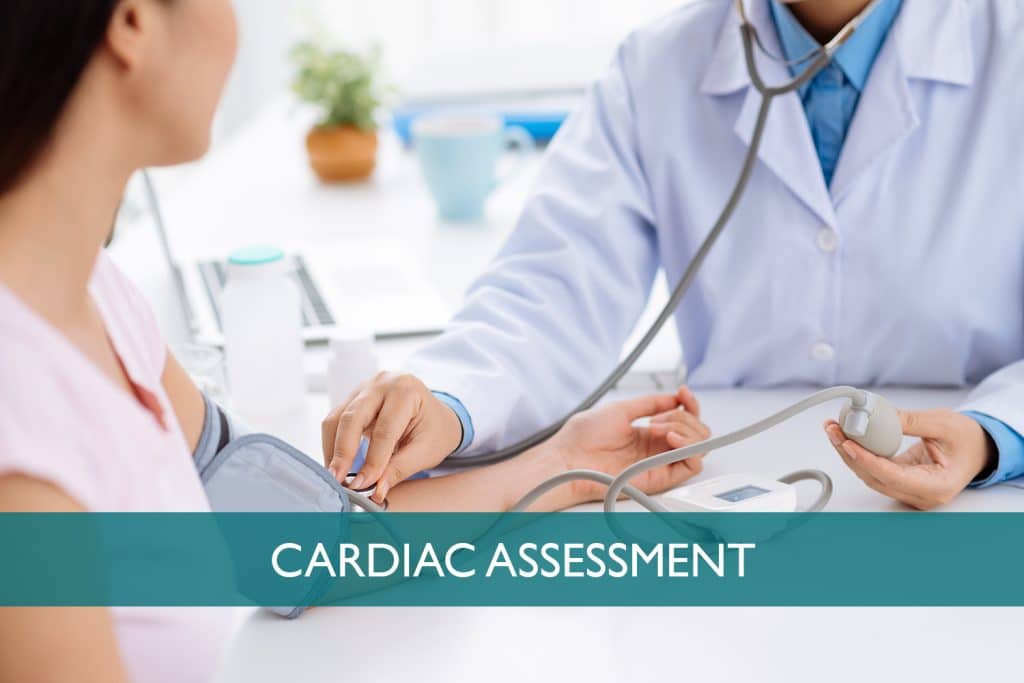
Cardiology Assessment Clinic
£330.00
The Cardiology Assessment Clinic is dedicated to providing comprehensive evaluations and personalized care to optimize heart health and manage cardiovascular conditions. Our clinic offers a range of services aimed at assessing cardiac function, diagnosing heart conditions, and developing tailored treatment plans. Here’s what you can expect from our clinic:
Medical History Evaluation: Our experienced healthcare providers will conduct a thorough review of your medical history, including any existing medical conditions, family history of heart disease, and lifestyle factors that may affect cardiovascular health.
Physical Examinations: We perform comprehensive physical examinations to assess your overall health and identify any signs or symptoms of heart disease or cardiovascular risk factors.
Diagnostic Tests: We utilize state-of-the-art diagnostic tools, including electrocardiograms (ECGs) and echocardiograms, to evaluate cardiac function and detect abnormalities. These tests provide valuable insights into heart rhythm, chamber dimensions, valve function, and overall cardiac health.
Diagnosis of Heart Conditions: Our team of cardiologists specializes in diagnosing a wide range of heart conditions, including coronary artery disease, heart valve disorders, arrhythmias, cardiomyopathies, and congenital heart defects.
Discussion of Treatment Options: Once a diagnosis is made, we discuss treatment options tailored to your specific needs and preferences. This may include lifestyle modifications, medication therapy, cardiac procedures, or surgical interventions.
Prescription of Medications: If necessary, our healthcare providers prescribe medications to manage heart conditions, control symptoms, and reduce the risk of complications. We ensure that medications are chosen based on efficacy, safety, and individual patient factors.
Lifestyle Recommendations: We provide personalized recommendations for lifestyle modifications, such as dietary changes, exercise routines, smoking cessation, stress management techniques, and weight management strategies, to improve heart health and reduce cardiovascular risk.
Personalized Care Plan: Based on the findings of your assessment and discussion of treatment options, we develop a personalized care plan to optimize heart health and manage cardiovascular conditions. This plan is tailored to your unique needs, preferences, and goals, with a focus on achieving the best possible outcomes.
At the Cardiology Assessment Clinic, we are committed to providing compassionate, evidence-based care to help you achieve and maintain optimal heart health. Our team of cardiologists and healthcare professionals works collaboratively to deliver comprehensive assessments, individualized treatment plans, and ongoing support to empower you to live a heart-healthy lifestyle. Schedule an appointment with us today to take proactive steps towards better heart health and cardiovascular wellness.